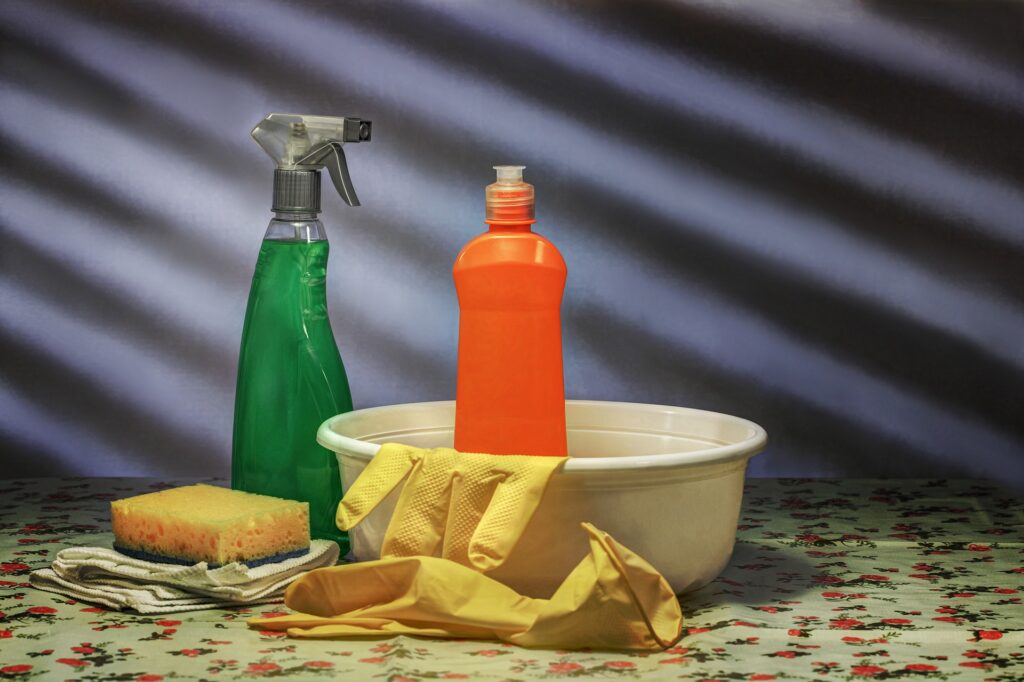Most major cities have a health and safety board which inspects, grades and even publishes reports on the cleanliness of commercial kitchens. A recent search on the site of a city with over 1 million inhabitants yielded 56 closure orders for kitchens that did not meet standards of food safety.
A closure order in an expensive mistake, and can mean the death of a restaurant and connected businesses. How can this be avoided?
An excellent cleaning program, with regular deep cleans programmed in is the answer.
How can this be done in an efficient and cost effective way? And how often should the deep cleaning be done?
Here are our tips:
1. Daily cleaning tasks

All prep areas should be completely wiped outside and sprayed with disinfectant. Equipment in any area where people are (such as ranges, grills, fryers, and beverage dispensers) need to be thoroughly wiped and sanitized.
Utensils, uniforms, aprons and towels/cloths should be washed in hot water. Floors should be swept and then mopped with appropriate chemical solutions.
2. Weekly cleaning tasks
All appliances should be deep cleaned inside and out. Ovens should have racks removed and be scrubbed before degreased racks are returned. Fridges and freezers should have all contents shifted and be washed with disinfectant, while contents are reviewed for expiry dates.
Deep fryers need attention now too! They often come with instructions on how to boil them out, or otherwise clean them.
(In any case, oil should be removed and new oil added weekly) Sinks and faucets also need a deep clean weekly. Handles and spouts need to have mineral deposits removed, and every crevice should have disinfectant in it.
3. Monthly deep clean
Commercial kitchens all have their share of pests. Daily care should be taken to remove any trace of vermin.
However, if your kitchen is particularly vulnerable (i.e., parks or open space nearby, areas with numerous stray animals etc.), regulations may dictate that you have traps or locks in place to discourage them. These must be replaced or reset monthly.
The areas around them should be thoroughly cleaned and disinfected, and any vermin caught properly disposed of. Another job that everyone hates is grease traps.
It is essential to have these emptied at least on a monthly basis. Choose a date and stick to it.
Grease traps that are incorrectly cleaned, or where cleaning has been lax are one of the biggest causes of fires as well as closure orders by health officials. Coffee and espresso machines should be decalcified and sanitized at this point as well, your coffee drinkers will notice the difference!
Any appliances that can be moved should be shifted and cleaned behind, as well as wiped down on the unseen sides. (It’s a good time to wipe down those fridge coils too, which can contribute to lower maintenance and electricity costs long-term.)
Whatever your kitchen size or business focus, a great deep cleaning schedule will keep your business profitable for far longer than a haphazard approach will!
